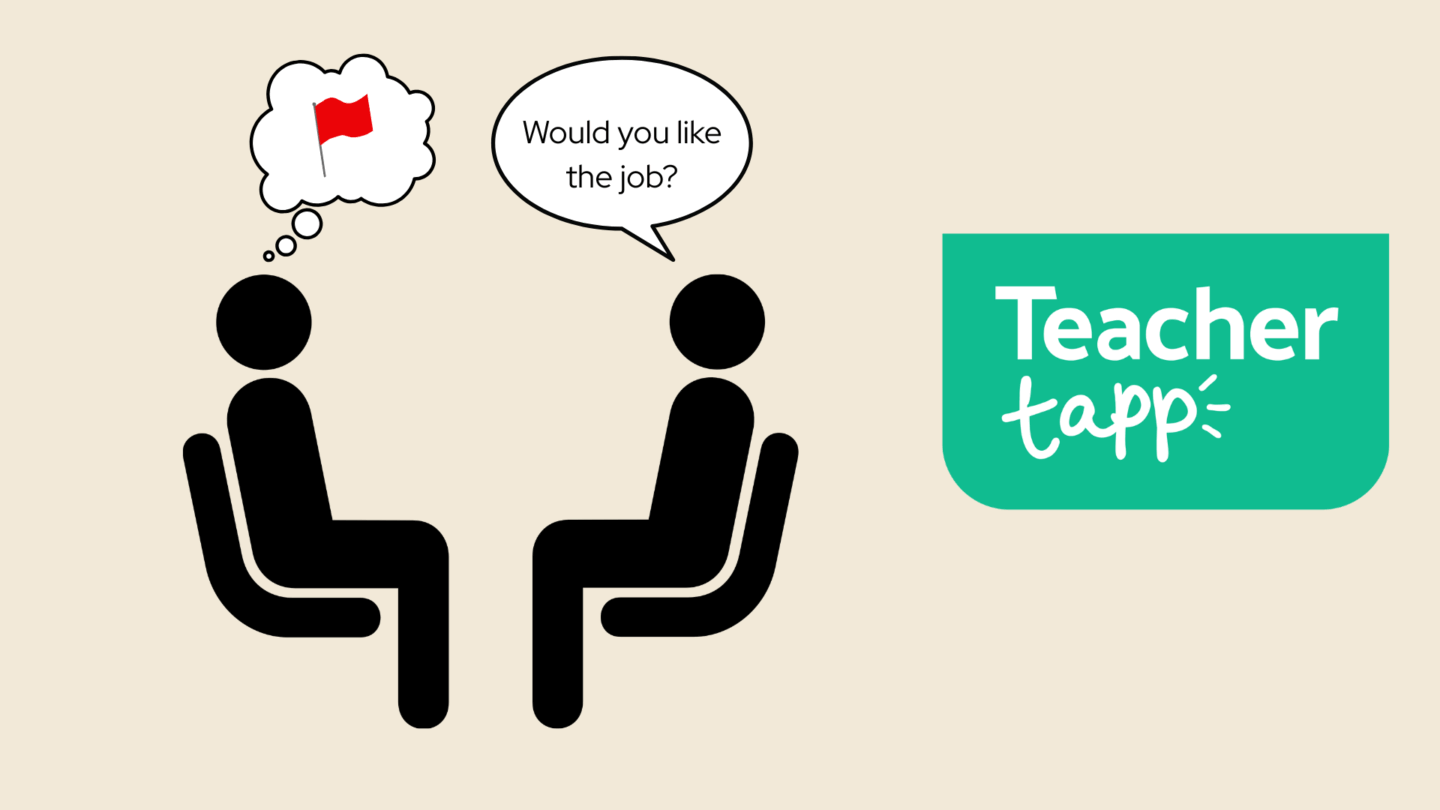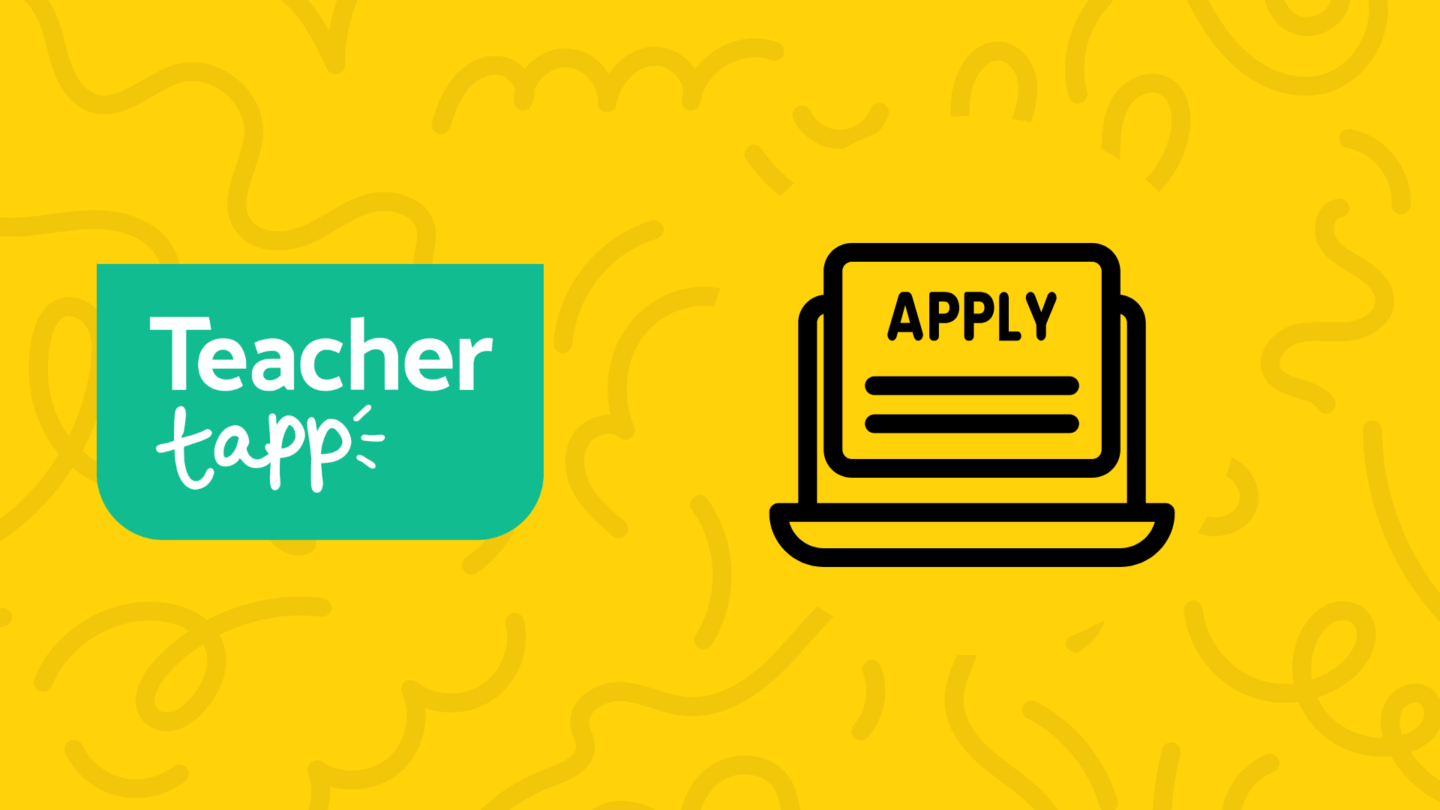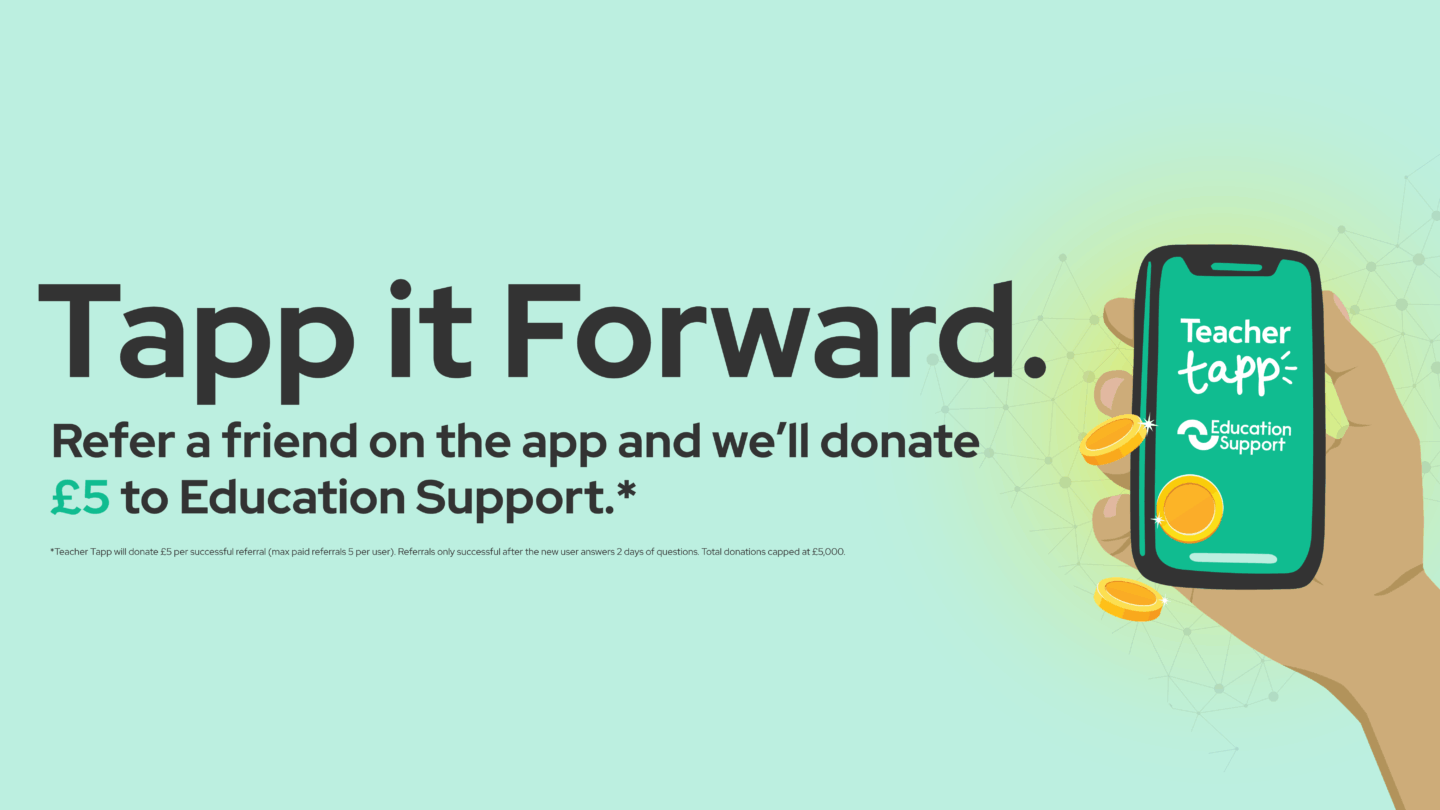1. How you spent summer 2020
We are fast hurtling towards the end of the holidays. (Some of you may already have finished!) Each year we ask what routine chores and activities you’ve done this summer. In many respects this summer is similar to others – you’ve been having haircuts, doing DIY, gardening and generally having a clear-out of your house. However, unlike other years, you haven’t been visiting the doctor, dentist or optician much – not least because some of these services are not back to usual as yet. Let’s hope you can find time to catch-up once term begins.

Compared to last year, it seems you are doing a little more planning, resource creation and administrative tasks to prepare for term. This is no surprise since the way in which some of you will teach is radically changing, as we’ll see below.

2. Schools IN for summer
The vast majority of secondary classroom teachers have stayed away from school over the summer, and even primary classroom teachers haven’t been into their classroom much. By contrast, headteachers have been into school a lot. Half of secondary heads have been in at least once a week. How are we ever going to give them a proper break?

The good news is that you seem to be really looking forward to getting back to teaching in September – even more so than in ‘normal’ years. For many of you in the secondary sector, this will be the first time you are able to teach proper face-to-face classes since March.

3. Nearer to normal?
It seems that school arrangements will be closer to normal than they were last June. For example, fewer schools have kept restrictions on textbooks, marking and uniform. And very few schools will be implementing social distancing within bubbles (not least because classrooms aren’t anywhere near big enough to achieve this).

4 . Decontaminating the classroom
A teacher got in touch to ask us whether teachers are expected to clean next year. The answer is generally yes when it comes to wiping down equipment and other small tasks that need to be carried out multiple times a day. (We were amused that a third of secondary teachers don’t yet know what their daily routines will be like – it is often the case that primary teachers seem better briefed on arrangements.)

5. Pretty big changes for primary…
For primary teachers the big change will be a reduction in collaborative learning activities and the introduction of desk ROWS! This will be the first time that some of you have taught in a classroom this way, so we are looking forward to finding out how it works for you next term.

There are also curriculum changes afoot in primary schools. In the schools serving more low income communities, almost half of you have said you will be increasing the time devoted to English and maths.

Finally, one side effect of the lack of government assessments will be the inability to judge you on the students’ performance! We asked you all about changes to performance management as a result but have drawn out the headteacher responses here. They suggest that just a third of state secondary schools DO NOT rely on exam results to judge teachers in a normal year.

5. Time to catch up on tips…
- The grades fiasco
- Dungeons, Dragons and the Curriculum
- Teachings Ratios without confusion
- Doing ‘writing moderation’ well
- The ‘Flowers of Rhetoric’
- Weaving science concepts together
- Reconciling the online and offline
- Making homework effective
- Improving subject knowledge
- Building social norms into the classroom





